
Military Operation, Civil War, and Indian Meddling
The conventional narrative about Operation Searchlight goes like this: The mighty Pakistan Army started smashing the hapless Bengalis, who never stood a chance. This is pure fiction.

The conventional narrative about Operation Searchlight goes like this: The mighty Pakistan Army started smashing the hapless Bengalis, who never stood a chance. This is pure fiction.
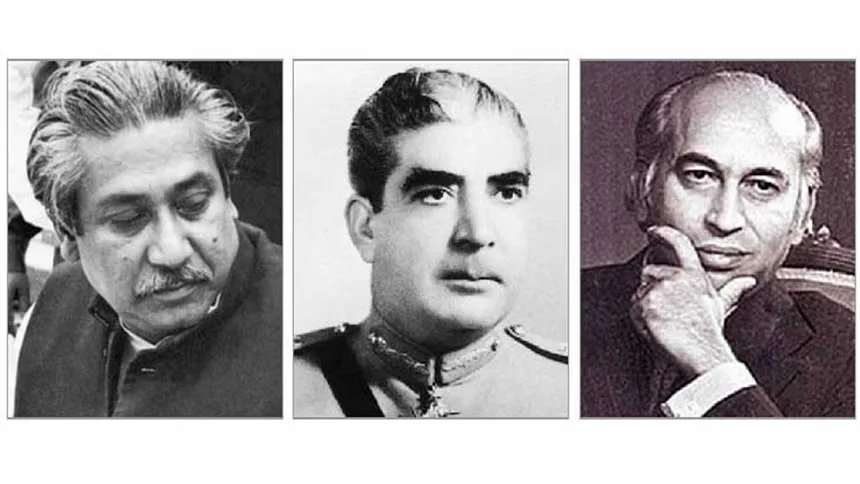
Mujib had won an outright majority (160/300) in the elections, but he was still insecure and apprehensive. He feared that the military would somehow conspire to keep him out of power.
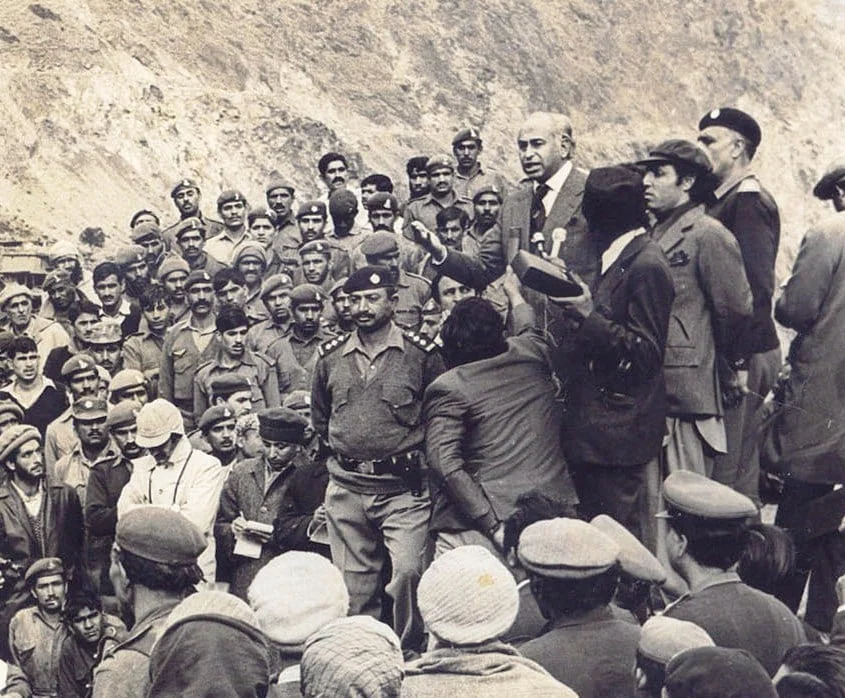
Sheikh Mujib wanted to contest the election on the issue of provincial autonomy (six points). Had significant provincial autonomy been conceded (as advocated by other East Pakistan leaders), it would have taken the central plank out of Mujib’s election campaign.
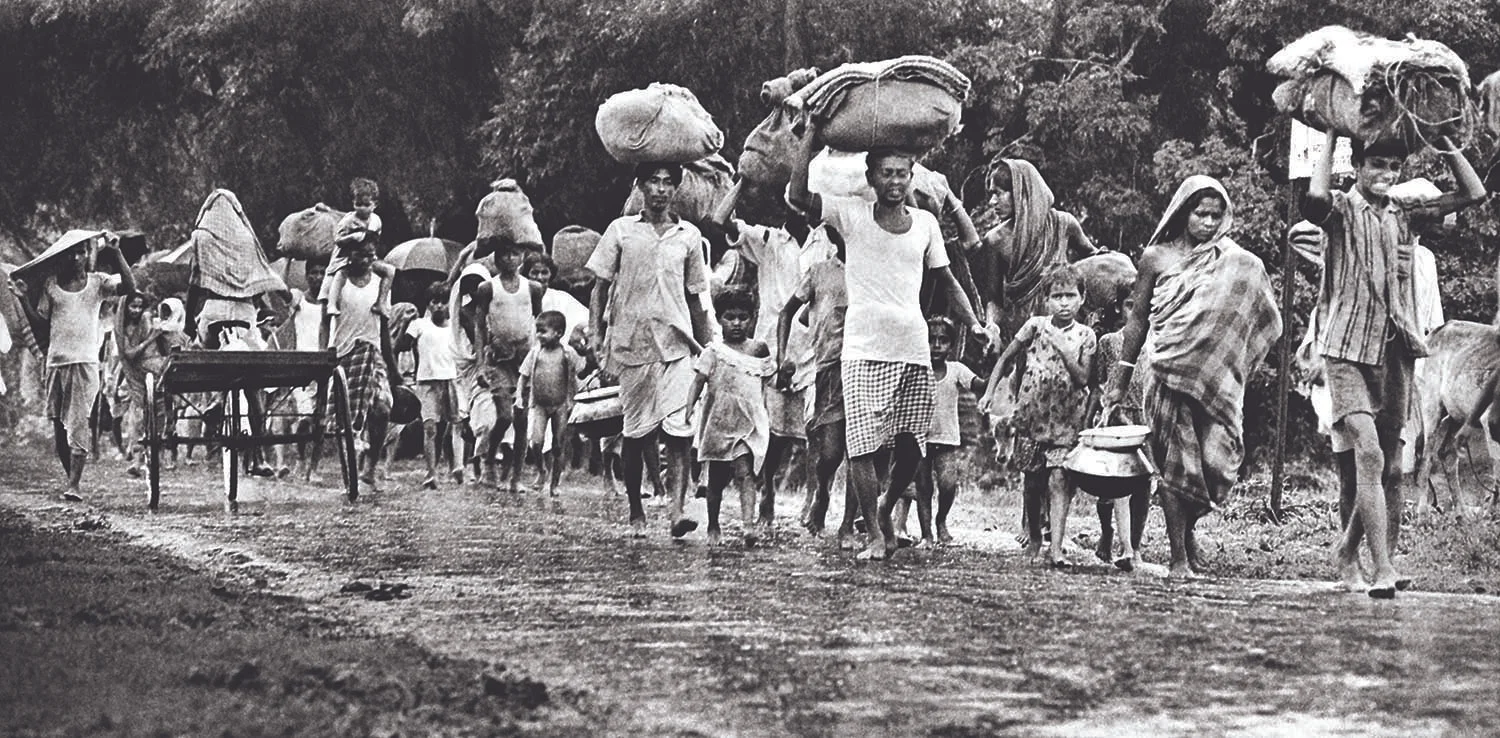
Barely a year after the birth of Pakistan, the issue of inter-wing disparity became a popular talking point among opposition politicians in East Pakistan.
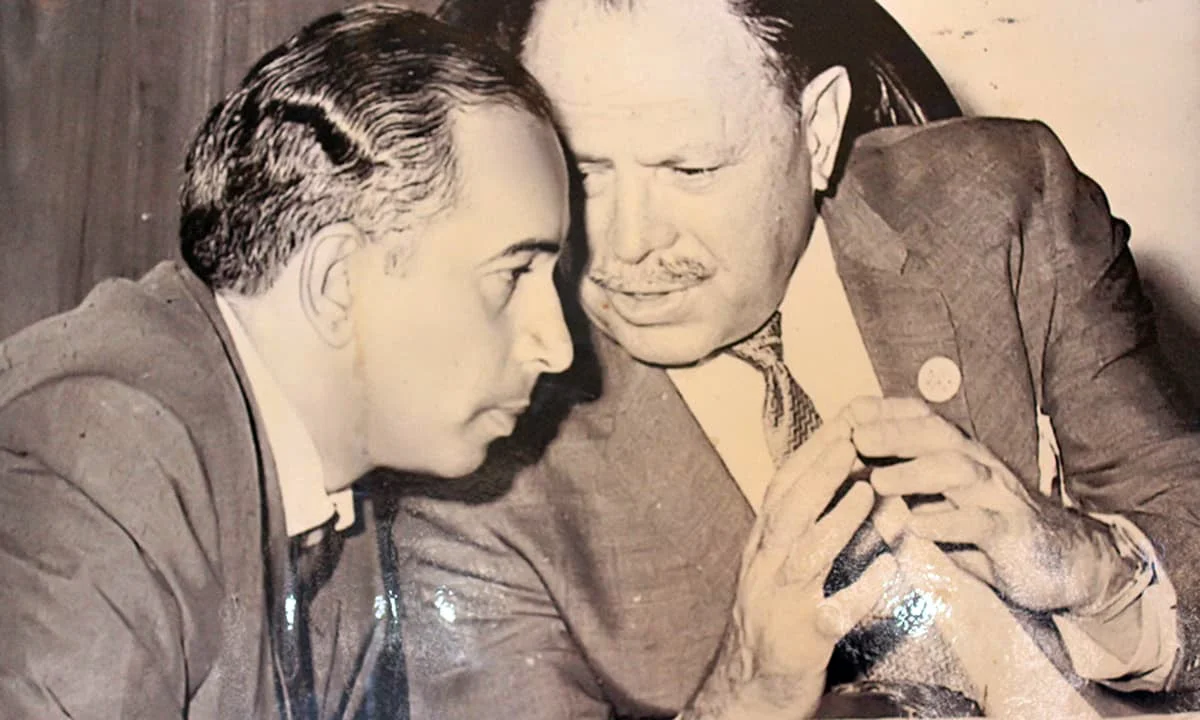
Bhutto had called Ayub Khan “daddy” at one point in his life, and Ayub had engineered Bhutto’s meteoric rise, but the two fell out in the aftermath of the 1965 war.
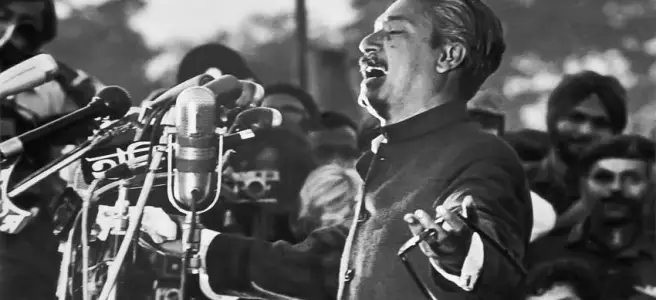
In 1965, Sheikh Mujib visited India and met Indian officials. He also had a meeting with some dissident Bengali officials, in which he encouraged them to continue their anti-Pakistan activities. Thus was born the Agartala conspiracy.
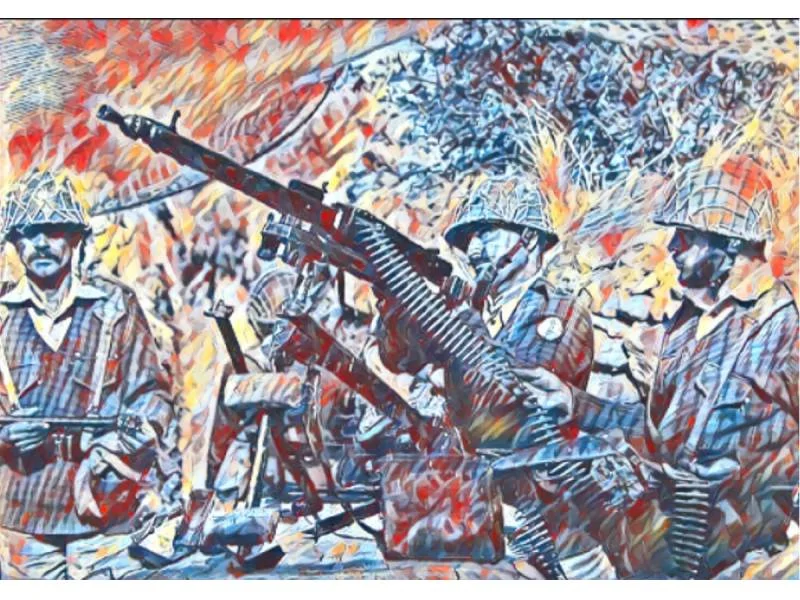
1965 was a watershed year for Pakistan. In it, a highly charged election was contested, in which Ayub Khan won office but lost his reputation and legitimacy in most of the country’s eyes. Then the war of 1965 tested the established military doctrines, which we found wanting.
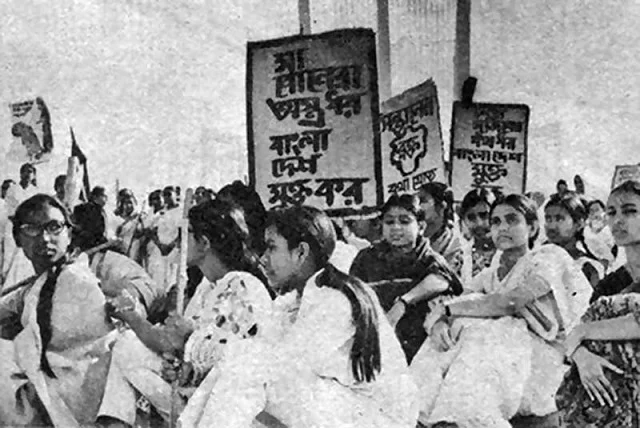
Iqbal, Pakistan’s supposed ideologue, rejected language, race, or land as a basis for nationhood and advocated Islam as the primary basis for the yet-to-be-born Pakistan.
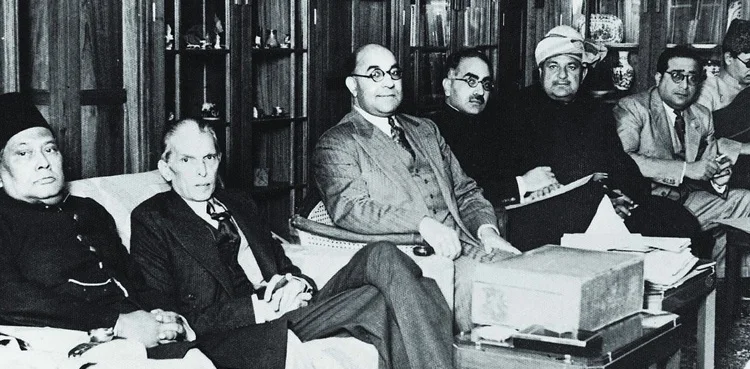
To understand the role of Bengal in the history of India and Pakistan in general and in the independence movement in particular, it has to be understood that Bengal’s role has been greatly influenced by its unique geography, demography, cultural shifts, and history.
Russia inviting Afghanistan to the St Petersburg International Economic Forum coupled with the statement that came from Russia’s special envoy for Afghanistan are significant developments